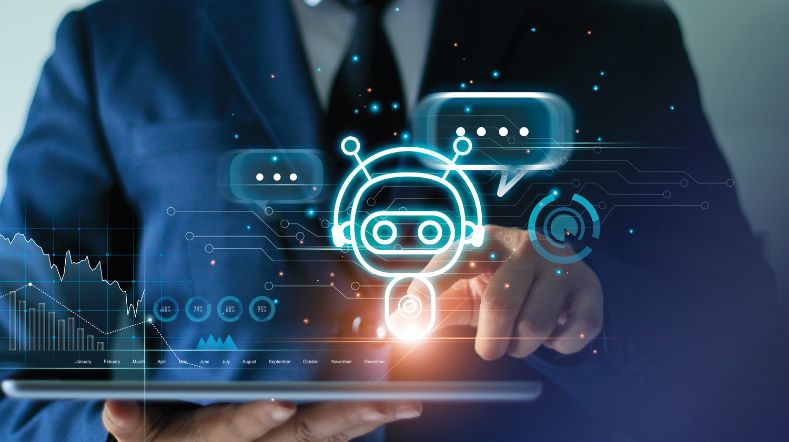GPT-NL boosts Dutch AI autonomy, knowledge, and technology
Large language models such as ChatGPT offer promising technical opportunities to address societal challenges. At the same time, there are concerns about the legal and ethical aspects of this development, as most of the models are developed by foreign big tech. TNO is therefore working with SURF and NFI to develop its own Dutch language model. GPT-NL should strengthen our strategic autonomy in – and knowledge of – AI, Data Science, and Data Spaces.
Artificial intelligence (AI) is rapidly evolving from promise to gamechanger. It could contribute to solutions, or even breakthroughs, in healthcare, the labour market, mobility, energy, and many other industries and societal challenges in the Netherlands. Large language models (LLMs) will play an important role in this. The best-known example is the current leader, ChatGPT, but other US and Chinese big tech parties are developing their own models. These parties are usually not open with users, researchers, or governments about the data used or the models trained. And that raises all sorts of questions.
Lack of understanding is cause for concern
Due to the lack of understanding of these models, a legitimate concern is whether our social, legal, and ethical values are being pursued. How do algorithms avoid bias? How does the model make decisions, and to what extent are these explainable? Are confidentiality, privacy, and intellectual property respected? Are national and international laws or policy frameworks such as the EU AI Act complied with? And can such models be used for important decisions? Dutch digital sovereignty over a critical technology such as AI is thus at stake.
Secure alternative made in the Netherlands
With the introduction of GPT-NL, our country will soon have its own language model and ecosystem, developed according to Dutch values and guidelines. GPT-NL will be a virtual facility with an ecosystem of academic institutions, researchers, companies, public authorities, and users. A secure, reliable, and open environment where these parties can study and try out LLMs and specific applications. There is also a focus on sustainability aspects, such as the energy consumption of this type of AI.
GPT-NL will contribute to solutions for major societal challenges that are linked to the Sustainable Development Goals. Such challenges include reducing inequality and promoting digital inclusiveness and quality education. The technology could also eventually help ease labour market tightness and boost Conversational AI for a better exchange of information between humans and AI systems.
Strengthening strategic autonomy
With GPT-NL, the Netherlands is strengthening its strategic autonomy, knowledge, and technology with regard to LLMs. This initiative thus also helps recruit and retain AI talent, ensuring a healthy and competitive ecosystem for artificial intelligence in our country. In doing so, GPT-NL seamlessly aligns with the objectives of the Topsector ICT, the KIA Security, and the Dutch AI Coalition for applying digital innovations, as well as the key technologies AI, Data Science, and Data Spaces. GPT-NL will also be an integral part of European initiatives for developing joint Generative AI based on European values.
Want to build with us?
TNO, SURF, and NFI want to work with partners to build a strong and valuable ecosystem around GPT-NL. We’re keen to get in touch with partners that wish to contribute data and knowledge to this project, or that want to develop applications based on GPT-NL.
Neem contact met ons op
Get inspired
Working on reliable AI
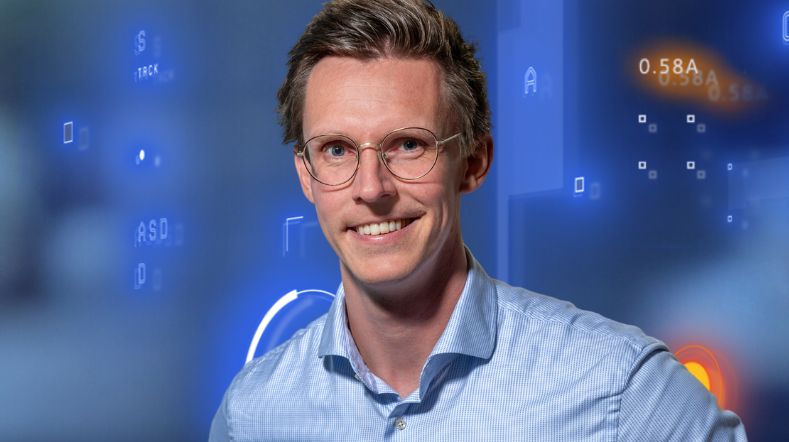

AI model for personalised healthy lifestyle advice
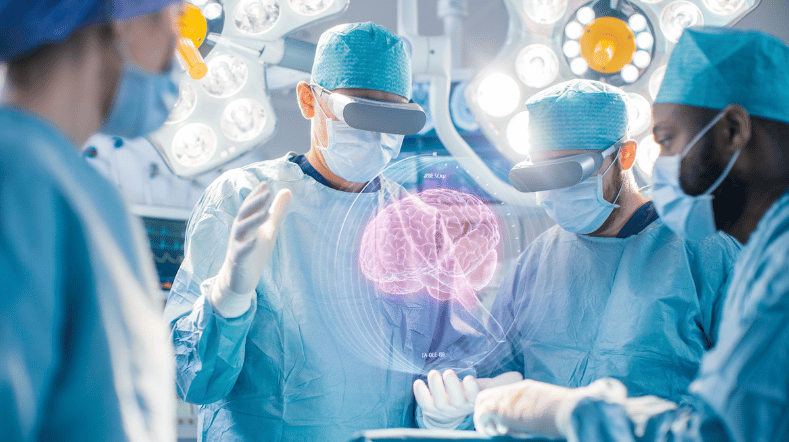

AI in training: FATE develops digital doctor's assistant
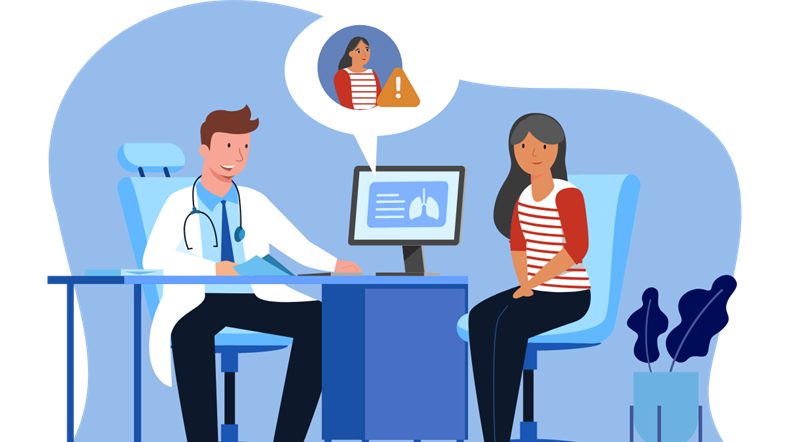

Boost for TNO facilities for sustainable mobility, bio-based construction and AI
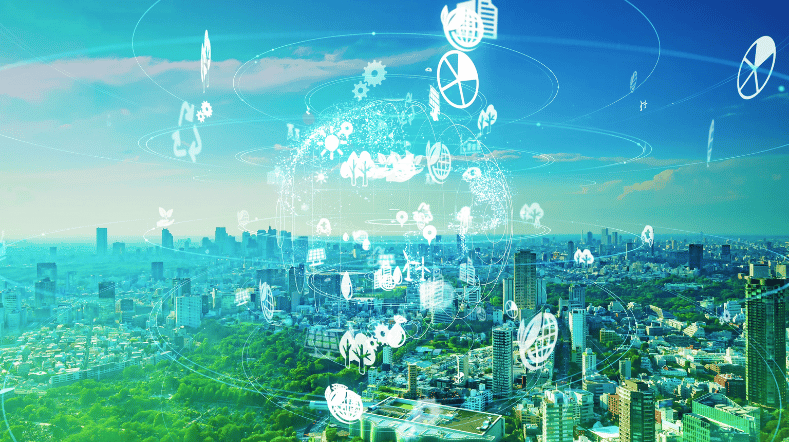

The Netherlands starts realisation GPT-NL, its own open AI-language model
